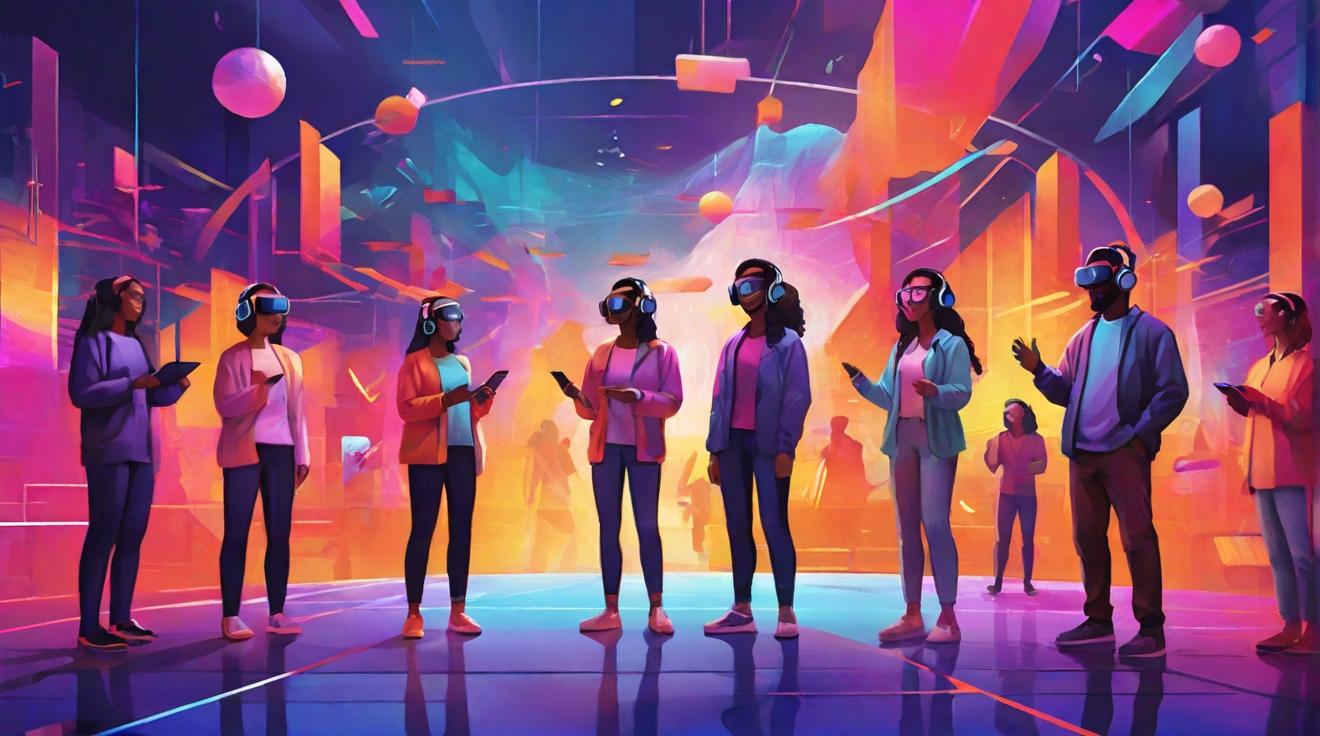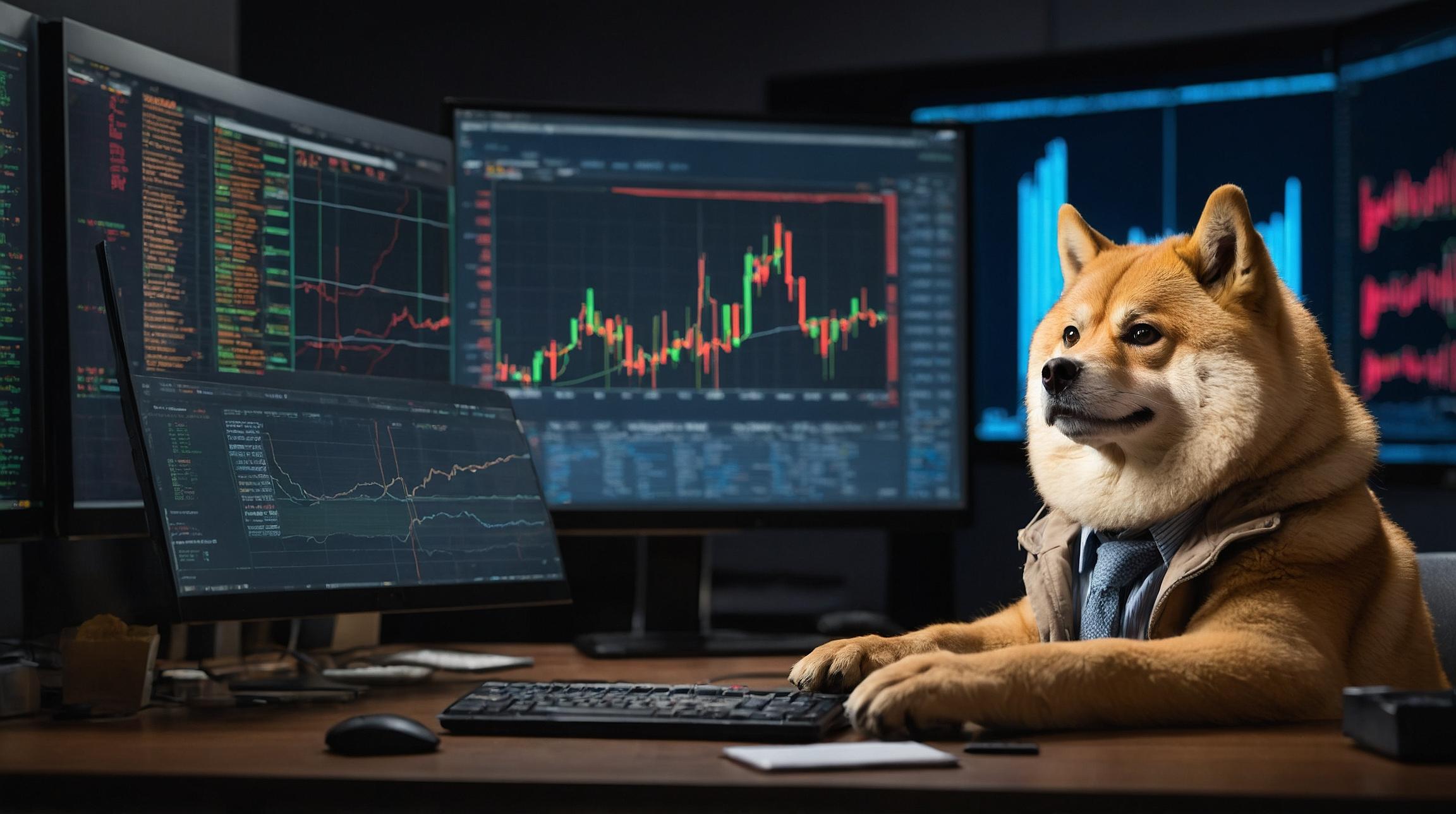Future Presence: Immersive Virtual Reality Brings Orchestra Performance to Princeton University
For four days at Princeton University, a groundbreaking virtual reality installation called “Future Presence” allowed audience members to experience the Mahler Chamber Orchestra in a whole new way. This immersive experience, part of the university’s Performances Up Close series, invited visitors to don virtual reality headsets and headphones and wander around a virtual stage while digitally rendered musicians played legendary classical works. The installation aimed to break down traditional barriers of attending concerts and provide a unique way of thinking about “up close” performances.
A New Way of Experiencing Music: Immersive Visuals and Binaural Audio
The Future Presence installation offered not only stunning visuals but also binaural audio that enhanced the music experience depending on the listener’s location. By moving closer to specific musicians, the audience could hear their instruments more prominently. Henrik Oppermann, the audio engineer behind the installation, had the idea to create a complex sound field that allowed listeners to move through it, offering a unique perspective on the music. This innovative approach to audio production started recording in 2020 and aimed to transform the way people listen by providing a one-of-a-kind feeling of being on stage with the orchestra.
Empowering Artists and Forming Deeper Connections with Fans through Virtual Reality
While virtual reality may never fully replace the magic of a live performance, it has the potential to empower artists and create deeper connections with fans. Henrik Oppermann believes that virtual reality technology will offer new and exciting experiences for fans, allowing them to get up close and personal with artists in rehearsal spaces or jam sessions. This technology opens up possibilities that cannot be explored in regular life. The future has already arrived, as evidenced by the overwhelming response from a 76-year-old woman who came out of the Future Presence experience inspired to pursue her lifelong dream of becoming a conductor.
Future Possibilities: Listening differently and Building Musical Understanding
The immersive virtual reality experience at Princeton University’s Future Presence installation aimed to awaken a new way of listening to music. Violinist Tim Summers of the Mahler Chamber Orchestra, who helped lead the project, expressed the hope that by experiencing the music in this unique way, people could develop a deeper ability to appreciate and understand what is happening within the music. By closely listening to the musicians and observing how they interact with each other, listeners can gain insights into the intricate construction of musical pieces. The installation served as a catalyst for exploring the depths of music and discovering its inner workings.
The Impact of Future Presence: Inspiring a Passion for Music
The Future Presence installation left a lasting impact on attendees, reinforcing the idea that virtual reality can be a powerful tool for fostering passion and engagement with music. Marna Seltzer, director of Princeton University Concerts, shared the experience of a 76-year-old woman who emerged from the immersive virtual reality experience overwhelmed with inspiration. This woman, who had always wanted to be a conductor, made the decision to conduct her way through the experience, exemplifying the profound effect that the installation had on her. Such stories demonstrate how virtual reality can ignite newfound passions and enable individuals to connect with music on a deeper level.
Analyst comment
– Positive news: The Future Presence virtual reality installation at Princeton University allowed audience members to experience the Mahler Chamber Orchestra in a new and immersive way, breaking down traditional barriers of attending concerts. It offered stunning visuals, binaural audio, and the potential to empower artists and create deeper connections with fans. The installation aimed to awaken a new way of listening to music and inspire a passion for music, as evidenced by the impact it had on attendees. Virtual reality technology has the potential to transform the way people listen and connect with music.













